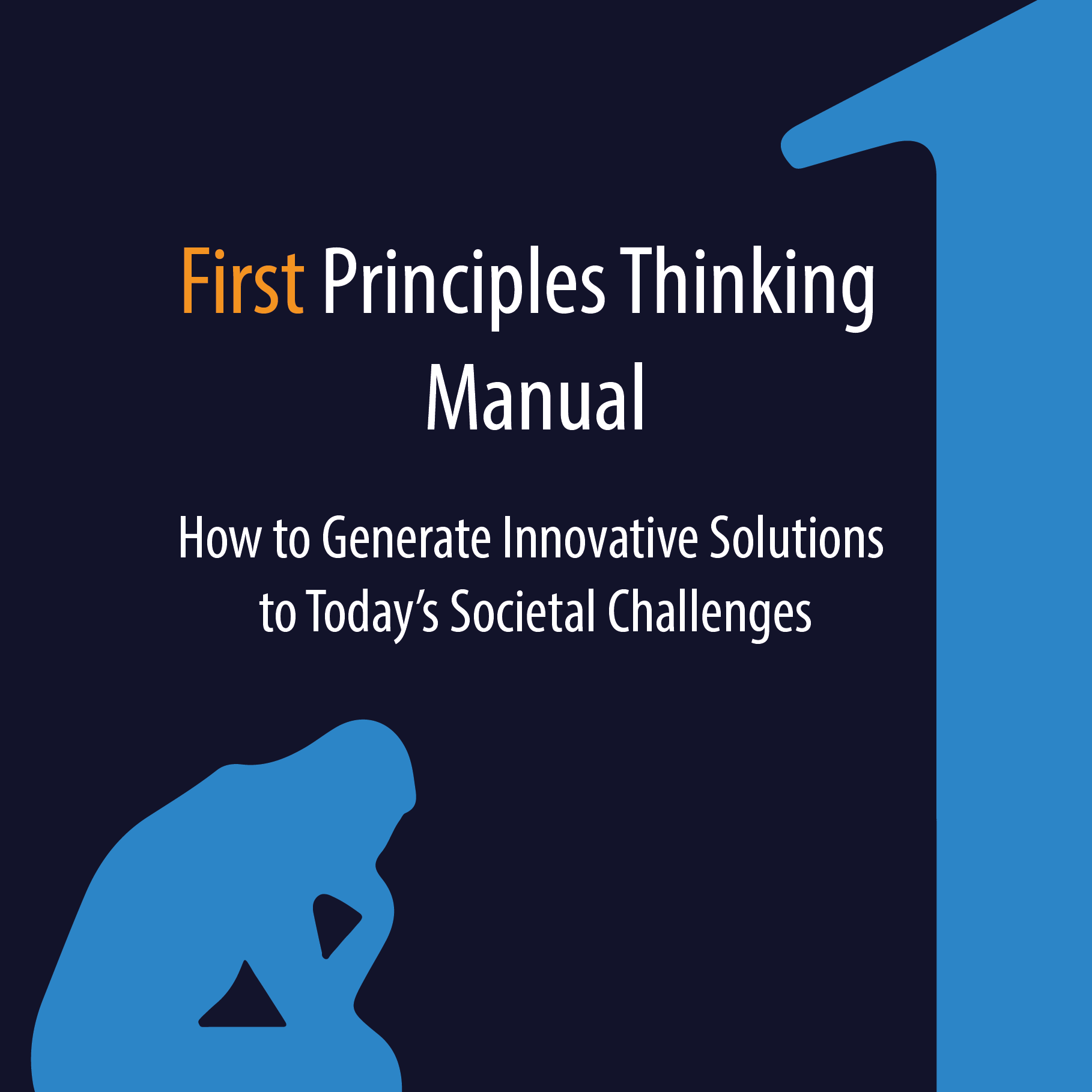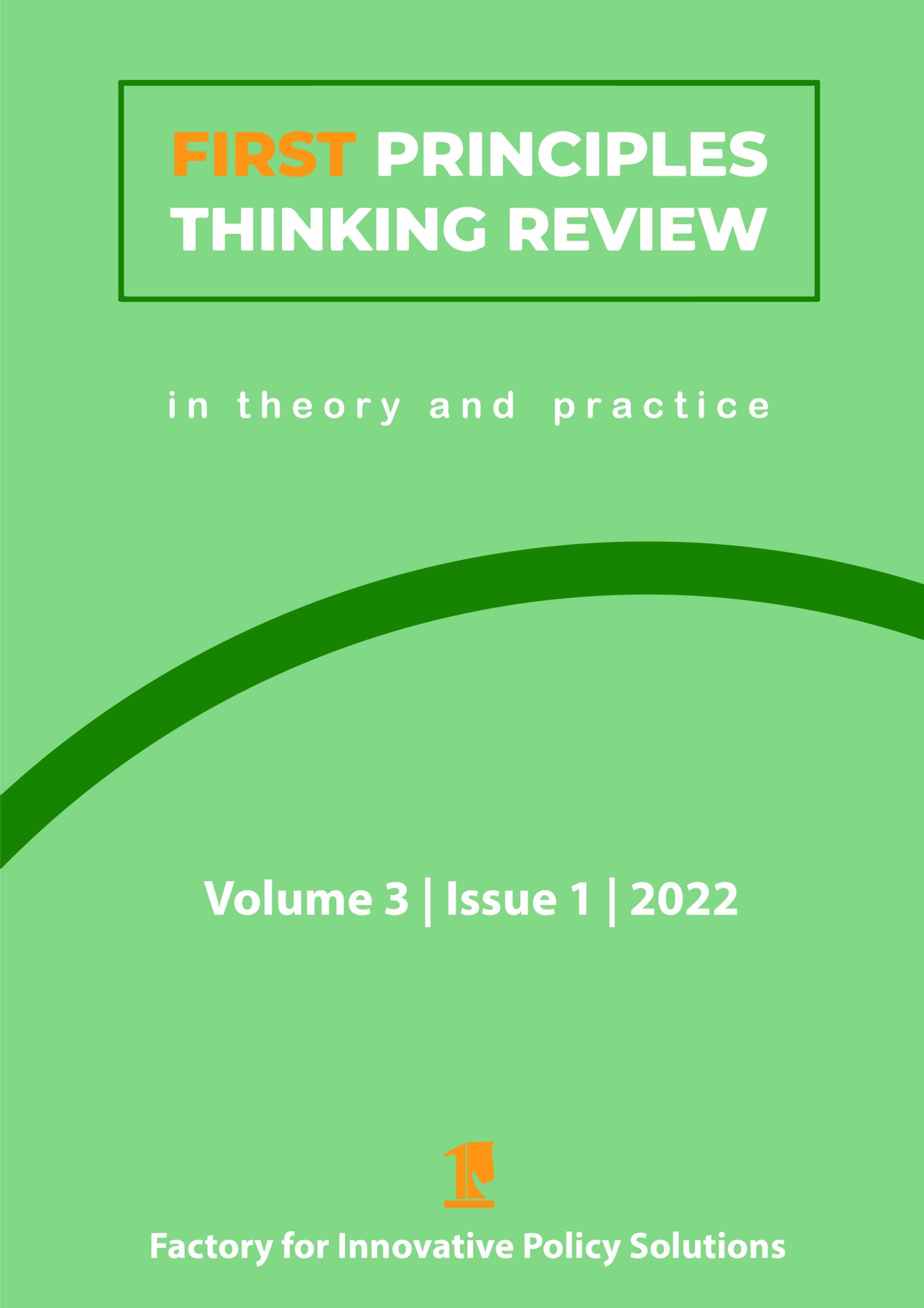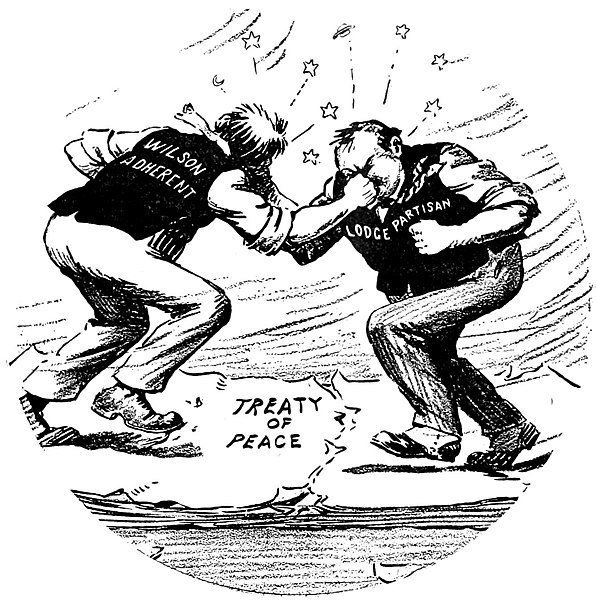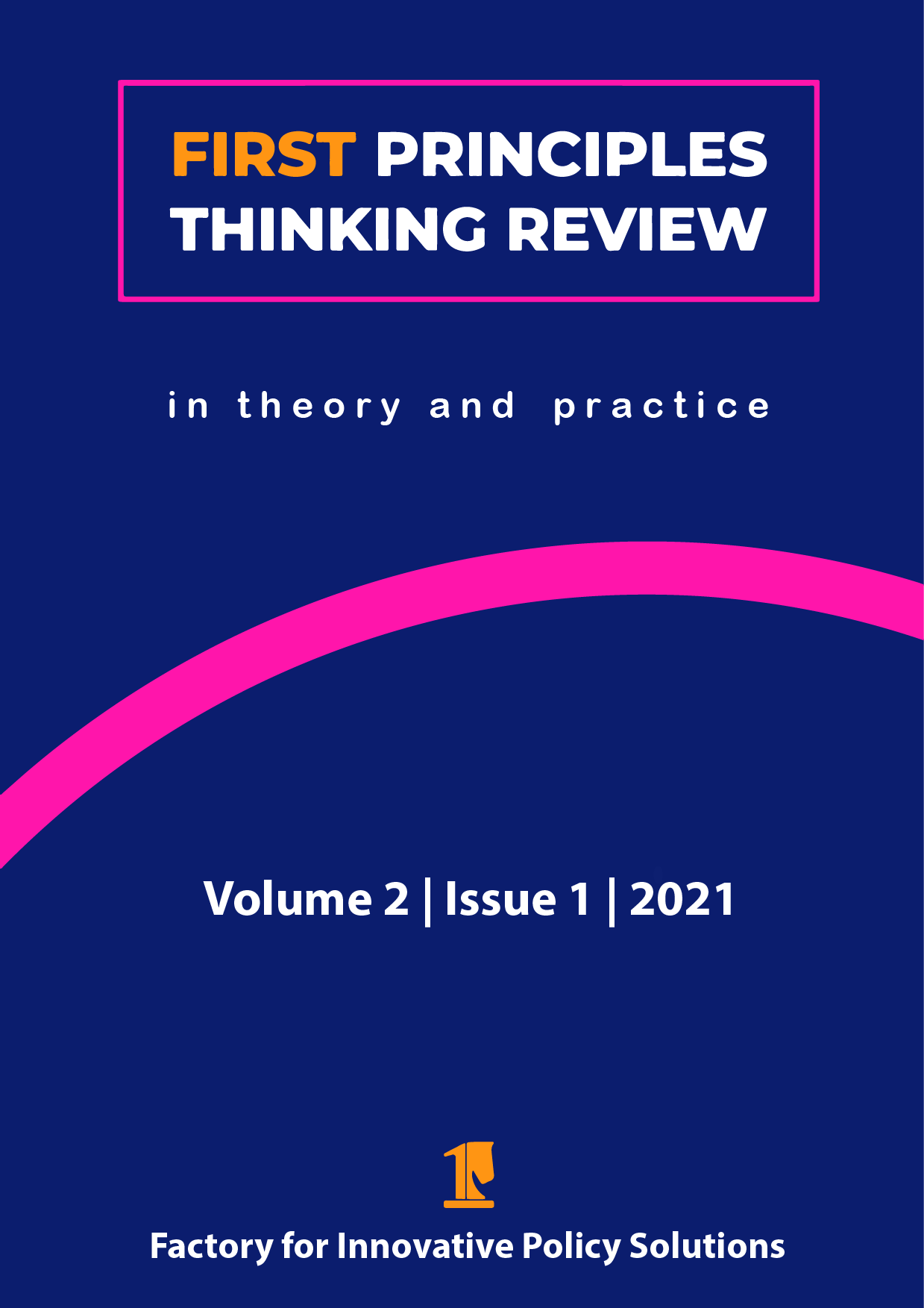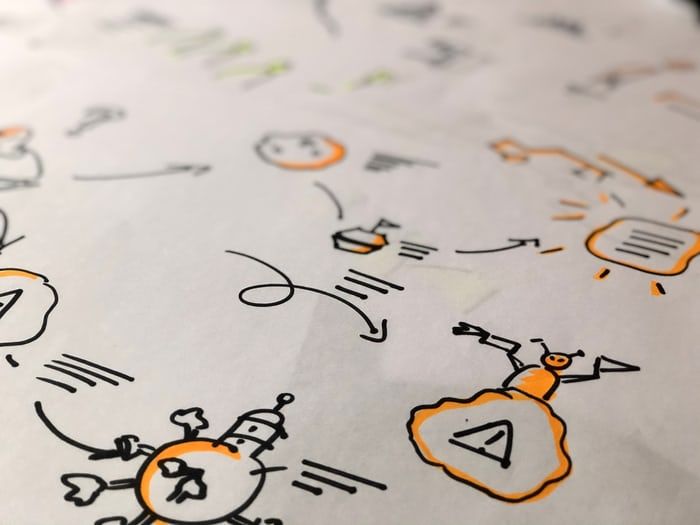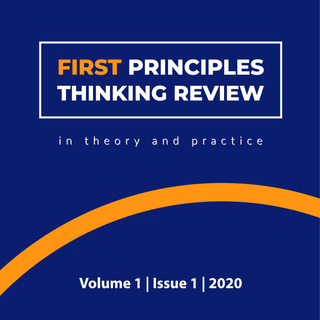How to Increase Literacy among Women in Rural Mauritania?
The Factory for Innovative Policy Solutions is proud to announce the creation of our first Solution Report. In our premiere report we tackle the issue of female illiteracy in the rural areas of Mauritania. With less than half of the female population being able to read and write, this issue affects the women and families in a wide range of areas such as income, health, and representation in government. We have generated a solution report that has tailor-made answers to the challenges facing women and their families regarding education. This article will give you an idea as to both our internal processes as well as the obstacles identified while developing solutions.
What are the obstacles?
As previously mentioned, only around forty percent of women and girls in Mauritania can read and write. According to the Literacy Foundation , illiteracy has serious effects that range from societal issues like a lower national GDP growth rate and poor civic engagement to personal issues such as unemployment, precarious income situations, and poor healthcare choices. Female literacy is not just an educational issue - it intersects with economic, health, and civic concerns as well. Our team of Contributors and Editors identified three obstacles that prevent women from obtaining basic literacy skills:
- Costs, such as books and lunch, which make education unaffordable
- Traveling distance to school
- The need to support their families in domestic work
Discovering solutions through First Principles Thinking
Using First Principles Thinking, we developed solutions to address the above obstacles, and we are excited to share these solutions. First Principles Thinking is a problem-solving technique that encourages you to look beyond established perspectives, assumptions and truths. Instead, it invites you to boil down obstacles to their fundamental truths in order to discover solutions from scratch. Five individuals from different parts of the world have used this method and asked questions like: “How can we reduce the travel distance or time it takes to travel? Do learners actually need to travel at all?” Such questions inspired them to come up with the following solutions:
- Create an educational radio channel
- Introduce mobile teachers
- Combine madrasas with purposeful learning
The above solutions would reduce the amount of needed books, reduce the frequency of needing to meet with a teacher, and allow time to perform other duties as well.
What happens to the solutions?
Our Product Delivery team is currently reaching out to influential people who can consider the solutions in their plans towards increasing literacy rates in Mauritania. We’ll gladly keep you updated about the journey of this Solution Report.
Would you like to learn more about first principles thinking? Then have a look at our manual, online course and workshop possibilities. Or would you like to write an article for publication on the technique? Then read the guidelines
and send us your proposal. For questions and feedback, feel free to message us at info@innovativepolicysolutions.org.
References
Apply first principles thinking yourself?
Would you like to apply first principles thinking yourself and have your problem-solving experience published in the First Principles Thinking Review? Then be sure to check out the submission guidelines and send us your rough idea or topic proposal. Our editorial team would be happy to work with you to turn that idea into an article.
Share this page
Disclaimer : The views, thoughts and opinions expressed in submissions published by FIPS reflect those of the authors and do not necessarily reflect the views held by FIPS, the FIPS team or the authors' employer.
Copyrights : You are more than welcome to share this article. If you want to use this material, for example when writing an article of your own, keep in mind that we use cc license BY-NC-SA. Learn more about the cc license here .
What's new?
